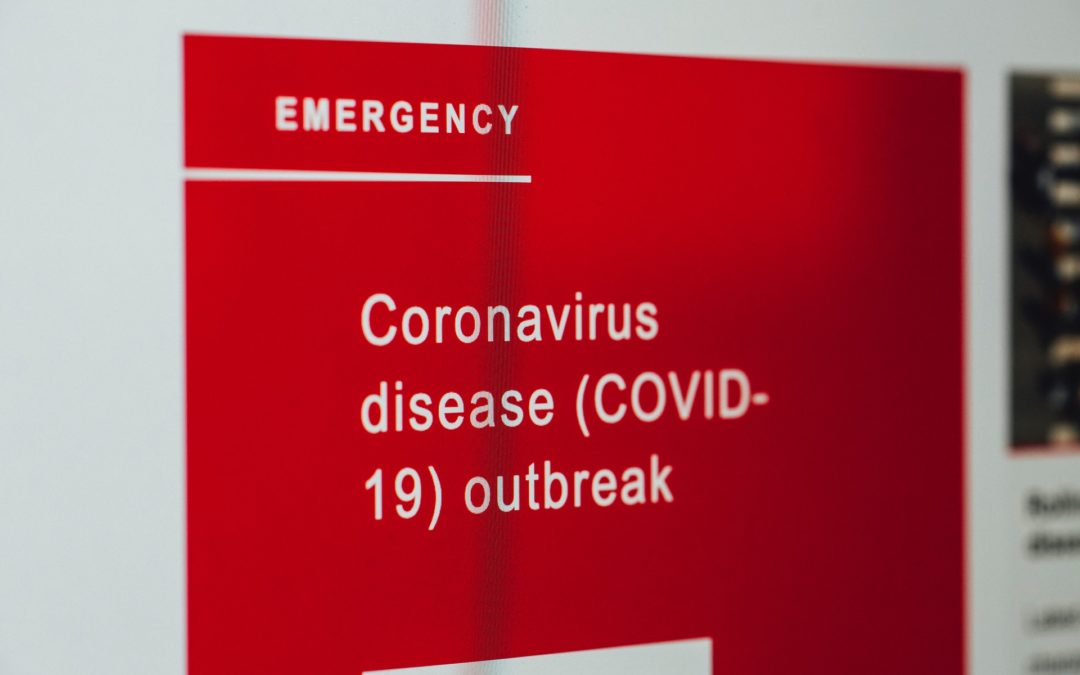As the toll from COVID-19 continues to climb, physicians and scientists are scrambling together the data, to determine why the illness affects some people more than others. Why are there such a large percentage of asymptomatic carriers? Why are some very healthy people, often multiple members of the same family, becoming seriously ill and requiring hospitalization? And why are some countries and regions faring much worse than others?
Here are 5 enormous risk factors that we already know about:
1. Age
The risk of becoming critically ill and suffering respiratory failure requiring a ventilator, climbs exponentially with age. Some data suggests a greater than 10-30 percent mortality rate in those over the age of 85. Despite the very sad stories of children suffering serious complications—the overall risk remains minimal in that age group.
2. Chronic disease
People who suffer from chronic comorbidities or are immunosuppressed in any way—particularly any condition that affects the hearts or lungs, fare worse when coronavirus hits. Extra care needs to be taken among these people, who can be of any age. It could be a 75-year old with heart disease and COPD, or a 22-year old on immunosuppression because of Crohn’s disease.
3. Smoking
Cigarette smoke damages lungs, which has been the focus of public health campaigns for decades. In almost every country, smokers have fared worse than non-smokers. Yet another of the many health reasons for you to quit smoking—especially as the virus looks set to unfortunately be with us for some time.
4. Obesity
Being overweight or obese already puts you at significant risk for other illnesses, including cardiac and pulmonary complications. Some Intensive Care Unit data is already suggesting that a disproportionate number of those admitted, are overweight or obese.
5. Male sex
This pattern is being observed across the world. Italy, for example, has reported that a staggering 70 percent of all deaths have been male. Potential confounding aside, previous research has frequently shown that females genetically have a stronger immune system than men in response to any foreign threat to the body—which many scientists theorize is an evolutionary survival advantage for any animal species.
These 5 factors should help guide future public health policy. Some like smoking and obesity, are in our control. Other like age and sex, not so much. As more research emerges and this whole situation evolves, we therefore have to keep focusing our efforts on protecting the most vulnerable high-risk groups.

Follow me on:
YouTube: Suneel Dhand
Instagram: suneeldhand
Twitter: @DynamicMedicine
Personal Training: Dr Suneel Dhand

